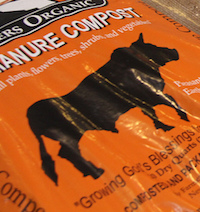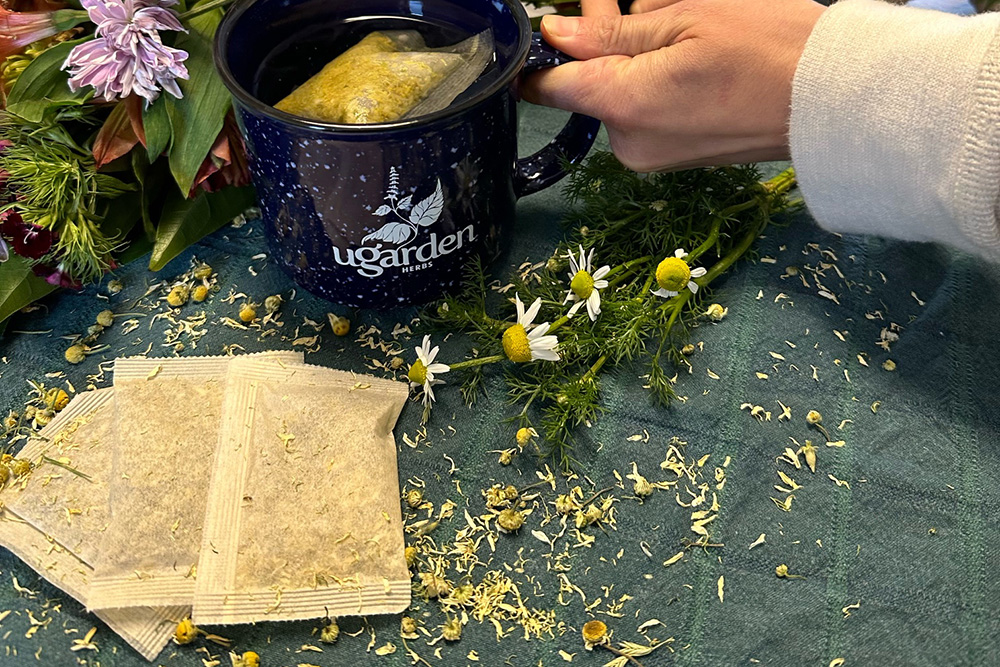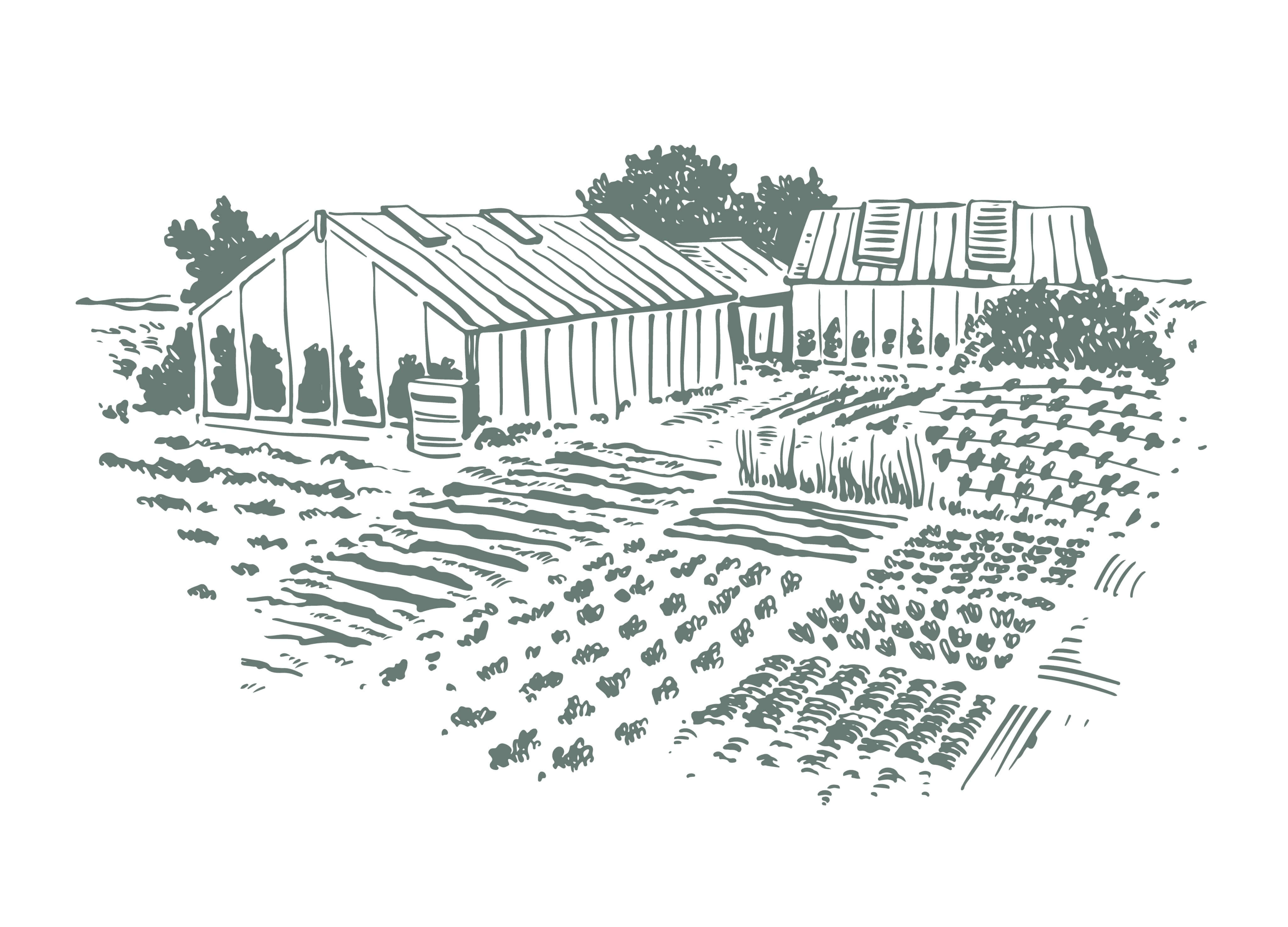You wouldn’t bake a new cake without a recipe, and you shouldn’t start a garden without one either.
Soil tests, provided by University of Georgia Cooperative Extension, supply gardeners with recipes for successful gardens. Gardening in Georgia without one is like guessing how much flour, baking soda and sugar goes into a cake.
Gardeners should contact their local UGA Extension office for instructions on how to get a test. After the soil test results are in, gardeners should follow the recommendations. If amendments need to be added, you can choose from river sand, mushroom compost, horse manure, coffee grounds, chicken litter and wood ash. However, choosing which one to use can make a gardener dizzy.
Here is a list of some of the most common amendments, their properties and best uses.
Mushroom compost (average pH of 5.5-6): This material, like all compost, has low nutrients by volume, less than 1 percent, but it is a good material to incorporate into native soil. Prior to establishing landscape beds, spread three inches across the entire area and then till to a depth of 8-12 inches. Prior to establishing new lawns, one-half inch lightly tilled prior to seed or sod will improve rooting and water penetration. You can also use it in potting mixes at one-third volume.
Coffee grounds (average pH of 6.1): This material is less acidic than 80 percent of all soil tests I see. This is a decent soil amendment at 21 percent carbon, almost 2 percent nitrogen by weight in slow release form and low in all other nutrients. Use in the compost pile or incorporate into soil before planting. Do not use as mulch because the fine particles can bind together and inhibit air and water movement to the soil.
Peat moss (average pH of 3.5-4.5): This is a very acidic product, which means it can be used to lower the pH of the soil. It is low in nutrients, hydrophobic when dry and excellent when added to seed-starting mixes at one-third volume. It can be used to amend soil for blueberries, camellias and other acid-loving plants, prior to planting.
River sand or Allatoona dredge soil (average pH of 5.5-5.8): These amendments have little to no nutrients and low water-holding and nutrient-holding capacity. They can improve the drainage of the soil, but must be 50 percent of the volume. (For example, 4 inches of sand tilled to a depth of 8-10 inches in soil.) Dredge soil also comes with a lot of weed seeds and debris, so it’s best used for filling ruts and holes.
Aged horse manure (average pH of 6.4): It is generally low in nutrients compared to other manure sources, less than 1 percent by weight. It makes a decent soil conditioner, adding organic matter and lightening clay soils. When using horse manure, make sure you know the source. If the horse feeds on pastures treated with broadleaf herbicides, they can still be active in the manure. Weed seeds can also be introduced if the manure was not managed and properly composted. The manure may also have elevated salt levels, which can damage plants.
Native soil (average pH of 5-5.9): In north Georgia, this is structurally “heavy” soil, as clay particles are microscopic and stick together. It generally has poor drainage, but good water- and nutrient-holding capacity. When planting native trees and shrubs, native clay soil typically does not require amending. If establishing vegetable or ornamental beds, amend with 25 percent compost or soil conditioner or 3 inches of material tilled to a depth of 10-12 inches.
Wood ashes (highly variable pH of 9-13.5): It can be an alternative to limestone but is unreliable because it is so variable. Calcium is the most abundant element in wood ashes but also a good source of phosphorous, potassium, magnesium and micronutrients. Use it sparingly unless it has been tested as a lime equivalent. Do not apply near wells, near bodies of water or areas prone to erosion.
Soil conditioner or aged pine bark (average pH of 4-5): These products increase porosity in soils, which can improve drainage and reduce compaction. Use in a manner similar to compost with 4-15 pounds of dolomitic limestone per yard of material to buffer the pH. Can also be used in potting mixes for perennials, shrubs and trees.
For information on soil testing, contact your local UGA Extension office, visit aesl.ces.uga.edu, or call the UGA Agricultural and Environmental Services Laboratory at 706-542-7690.







